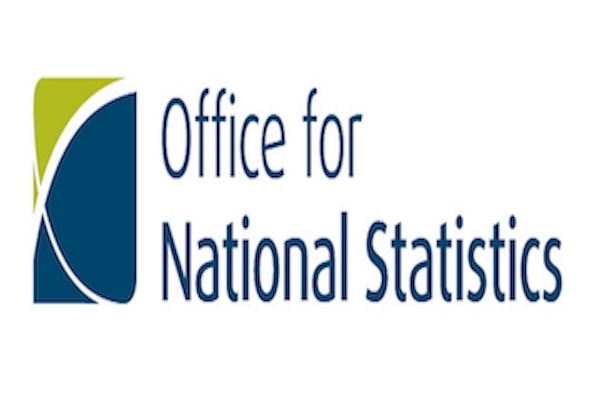
CPI inflation sees large fall in April to 0.8%

CPI inflation fell in April to 0.8% from 1.5% in March, driven down mainly by falling fuel and energy costs.
The sister Consumer Prices Index including owner occupiers’ housing costs (CPIH) 12-month inflation rate fell to 0.9% in April 2020, down from 1.5% in March.
There was upward pressure on inflation from rising recreation and culture costs but significant downward pressure from falling energy and fuel pump prices.
ONS has cautioned, however, that due to the Coronavirus pandemic 90 CPIH items which make up the inflation ‘shopping basked’ – equivalent to 16.3% of the CPIH basket by weight - were unavailable to consumers in the UK compared to February.
This means the inflation figures may not be as accurate as usual although ONS says the trend is clear.
ONS deputy national statistician for economic statistics Jonathan Athow said: “While the Coronavirus limited the availability of some goods and services, its effect on prices was more muted.
“Falling petrol and diesel prices, combined with changes to the domestic energy price cap were the main reasons for lower inflation in April. Games, toys and hobbies saw rising prices, perhaps as people occupied their time at home. Food prices grew no more quickly than other goods and services, though fresh vegetables did see stronger rises.
“There was another large fall in the cost of raw materials as the global price of crude oil continued to dip sharply. The price of goods leaving factories fell over the last 12 months, the first fall in nearly four years.”
Adrian Lowcock, head of personal investing at investment platform Willis Owen, an investment platform in the UK, said: "Inflation was widely expected to fall as collapsing oil prices, wage cuts (through the furlough scheme) and closing large parts of the economy are all disinflationary, and the sharp fall for April announced today confirms that is in full swing now.
"The number itself should be taken with a pinch of salt as many components of the inflationary statistic cannot be accurately measured because of the virus.
“What matters now to many investors is whether the disinflationary pressures will last. Some, such as the oil price, are already recovering. The measures implemented by the UK government and Bank of England (along with other major economies) are also likely to have some inflationary effect if demand returns.”
